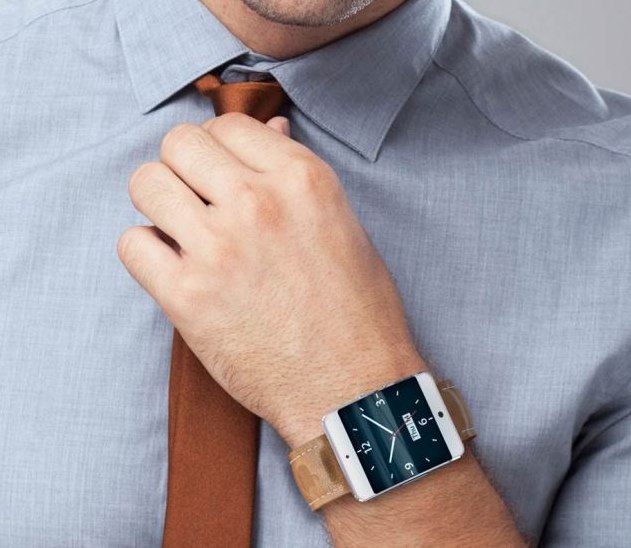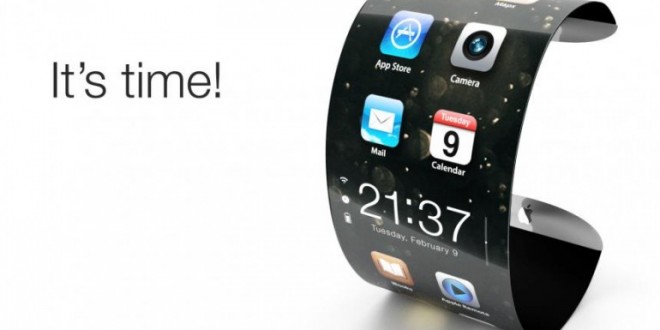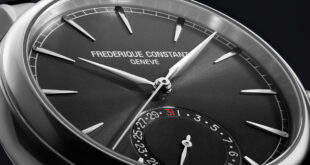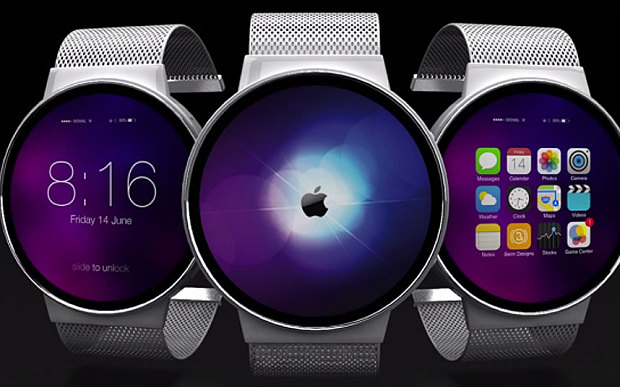IMD Professors React: Why they will or won’t buy the Apple Watch
Apple recently announced that its long-awaited smartwatch will be released in April. Among the surprises was the large price gap between the lowest-end model, which will cost around USD $350, and the highest, which will be nearly $17,000 and encased in gold.

We caught up with some IMD faculty members and asked whether or not they will buy the watch:
Dominique Turpin, IMD President
“If I buy an Apple Watch it will be more out of curiosity than out of necessity. I love my mechanical watches, especially the craftsmanship as well as the emotional magic that go with them.
Great brands appeal to people’s emotions. The more emotion a brand carries, the more iconic it is. This is one of the great values of all major luxury watch brands such as Audemars Piguet, Patek Philippe, Hublot or Rolex. Obviously, Apple has also been very successful at building the emotional magic of its brand. This is probably why many consumers will be tempted to try it.”
 Misiek Piskorski, Professor of Strategy and Innovation, co-director of Leading Digital Business Transformation
Misiek Piskorski, Professor of Strategy and Innovation, co-director of Leading Digital Business Transformation
“I love the Apple Watch, but I am not going to buy it for myself, because I already have an iPhone, an iPad, and 3 Macs. I might buy it as a present for my mom though. I think she will enjoy the ability to use Facebook when she is on the go.”
Mike Wade, Professor of Innovation, co-director of Orchestrating Winning Performance andLeading Digital Business Transformation
“Am I going to buy the new Apple Watch? For $350? Probably not. For $550? Definitely not. For $10,000 with a rose gold case? Are you joking?
Why am I not interested in buying the Apple Watch?
Number one: It’s ugly. I expected much more in the way of design from Apple. Let’s be honest: the Apple Watch looks like a miniature version of the iPhone 3Gs on a strap.
Number two: Battery life. If a watch battery is measured in hours rather than days or weeks, then you know it is in trouble. The Apple Watch is rated for 18 hours with typical use – not even a full day! What is the point of a sleep monitoring function if it needs to be charged every night?
Number three: It doesn’t do anything that I can’t already do with my phone. The Apple Watch is useless without the iPhone, and redundant with it. Until a smartwatch is a substitute for a phone rather than a complement, I will not be interested.
I am a heavy user of apple products, but this one doesn’t tempt me at all. In any case, I already have a watch. It does nothing except tell the time, which I don’t need. But, it is beautiful, and it never stops!”
 Howard Yu, Professor of Strategic Management and Innovation
Howard Yu, Professor of Strategic Management and Innovation
“This watch may soon turn a previously unruly landscape that’s been littered with many single function wearables into a user-friendly experience around our wrists.
Apple’s latest foray has elicited sneers among the luxury goods players, in particular the watch industry, which prides itself on artisanal craftsmanship and timeless prestige. Others have shrugged at the thought of checking emails on a tiny display while having a full-size iPhone in one’s pocket anyway.
But such arguments are misplaced. When the iPhone first appeared, no one could have envisioned the applications created by third-party developers.
Now imagine the possibilities for the Apple Watch when consumers are equipped with a fully functional computer around their wrists, with millions of creative individuals and startups developing new applications. That’s Apple’s strategy and I might just get an Apple Watch soon!”
All of these professors will all be teaching at Orchestrating Winning Performance (OWP), a unique global business program taking place at IMD from June 21-26, 2015.
 Bill Fischer, Professor of Innovation Management
Bill Fischer, Professor of Innovation Management
“I won’t buy one now. I already have a watch of great sentimental value, and that sentiment takes precedence over my email and even Twitter alerts. The bigger question, however, is not about sentimentality, but about “benefits”.
Many years ago, sociologist Everett Rogers identified five attributes of any new offering that were good predictors of adoption performance. Benefits/costs was the very first one he chose. If a potential customer cannot easily recognize the benefits a product offers, and be able to reference these relative to costs, they are likely to hesitate in the purchase decision.
It’s not that they’ll never buy, but that the rate of adoption is likely to be slowed as many potential customers puzzle over: what am I getting from this? And, do I need it? For me, this is big problem with the Apple Watch: why do I need one? It’s just not that obvious, so adoption slows down!”
 Collection Pan Arab Luxury Magazine
Collection Pan Arab Luxury Magazine




